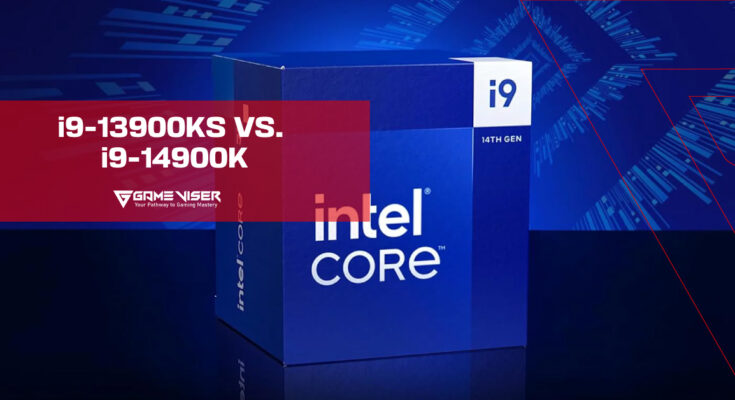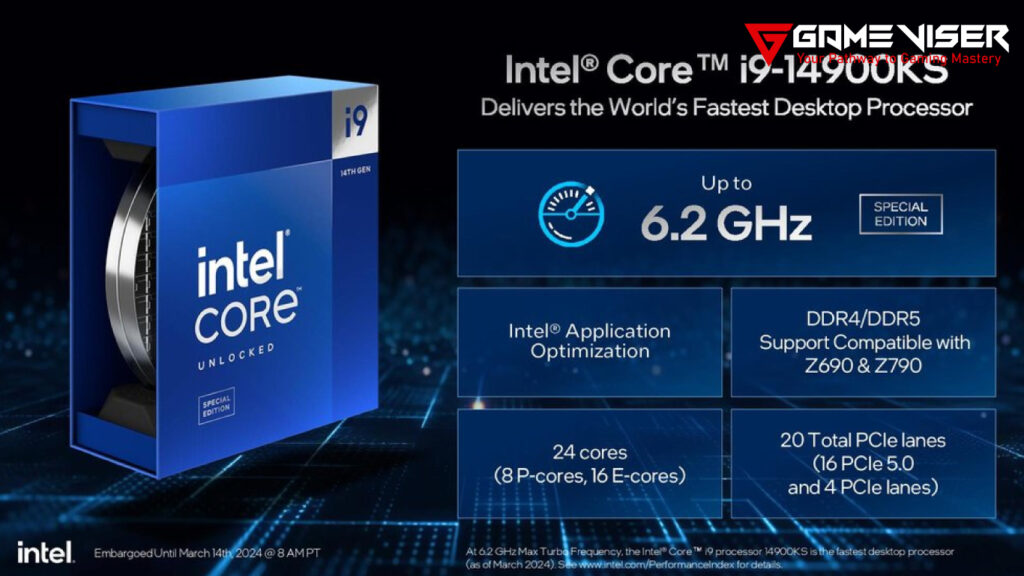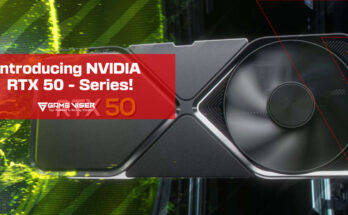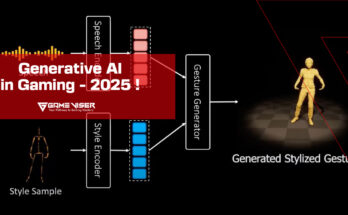Discover a detailed comparison of Intel’s i9-13900KS vs i9-14900K. Learn about performance, features, and which processor is best for gaming, content creation, and multitasking in 2024.
Table of Contents
Introduction
With Intel’s ongoing advancements in CPU technology, the i9-13900KS and i9-14900K represent the pinnacle of processing power in the 13th and 14th generations, respectively. Choosing between these two can be challenging, especially with their close similarities and high-performance capabilities. However, understanding the distinctions can help enthusiasts, gamers, and content creators make an informed decision.
Specifications Overview
Intel Core i9-13900KS Specifications
| Architecture | Raptor Lake |
| Cores / Threads | 24 cores (8 P-cores + 16 E-cores) / 32 threads |
| Base Clock Speed (P-core) | 3.2 GHz |
| Max Turbo Frequency (P-core) | 6.0 GHz |
| Base TDP | 150W |
| Max Turbo Power | 253W |
| L3 Cache | 36 MB |
| L2 Cache | 32 MB |
| Memory Support | DDR4-3200, DDR5-5600 |
| Socket | LGA 1700 |
| Overclocking | Yes |
Intel Core i9-14900K Specifications
| Architecture | Raptor Lake Refresh |
| Cores / Threads | 24 cores (8 P-cores + 16 E-cores) / 32 threads |
| Base Clock Speed (P-core) | 3.4 GHz |
| Max Turbo Frequency (P-core) | 6.1 GHz |
| Base TDP | 125W |
| Max Turbo Power | 253W |
| L3 Cache | 36 MB |
| L2 Cache | 32 MB |
| Memory Support | DDR4-3200, DDR5-5600 |
| Socket | LGA 1700 |
| Overclocking | Yes |
At a glance, both CPUs share similar core and thread counts, but there are key differences in clock speeds, TDP, and architectural enhancements that affect performance.
Architecture and Key Features
Raptor Lake vs Raptor Lake Refresh
The i9-13900KS is built on the Raptor Lake architecture, while the i9-14900K is a part of Intel’s Raptor Lake Refresh lineup. Raptor Lake Refresh features incremental improvements, particularly in power efficiency and minor tweaks for better performance.
Clock Speeds and Turbo Boost
The i9-14900K has a slight advantage with a max turbo frequency of 6.1 GHz compared to the i9-13900KS’s 6.0 GHz. Although this difference may seem minor, it provides a performance edge, especially for high-demand applications and games.
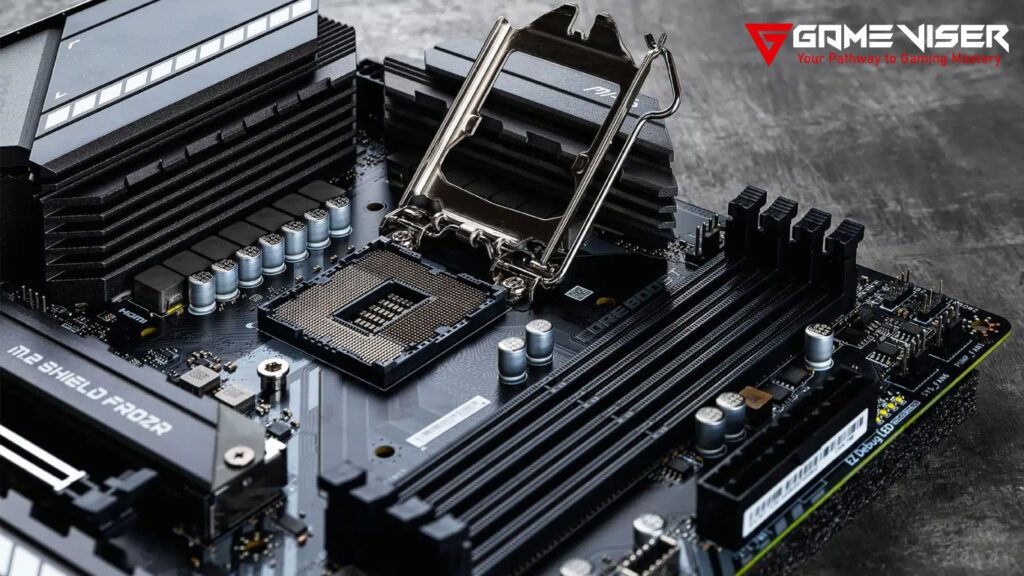
Performance Comparison
In benchmarks, both processors deliver exceptional performance, but there are notable distinctions:
Single-Core Performance
For single-core tasks, the i9-14900K pulls slightly ahead due to its higher turbo clock, improving responsiveness and single-threaded task execution, ideal for gaming and certain applications.
Multi-Core Performance
With identical core counts, both processors handle multi-threaded applications well. However, the i9-14900K’s architectural improvements provide a slight boost, making it the preferred option for heavy multitasking, content creation, and 3D rendering.
Gaming Performance
For gaming, both CPUs offer outstanding frame rates with minimal differences. However, the i9-14900K’s improved single-core performance can lead to higher frames in CPU intensive games.
Key Game Benchmarks
- AAA Games: In titles like Cyberpunk 2077 and Red Dead Redemption 2, the i9-14900K shows slightly higher FPS due to its single-core boost.
- eSports Titles: In games like CS and Valorant, where CPU speed significantly impacts frame rates, the i9-14900K’s higher clock speed leads to a noticeable performance increase, especially in high refresh rate settings.
For gamers aiming to get the most frames per second (FPS) with the latest graphics cards, the i9-14900K edges out due to its slightly faster core speeds.
Content Creation and Multitasking
If you’re a content creator working with 4K video editing, 3D rendering, or complex simulations, both CPUs perform exceptionally well. The i9-14900K, with its refined architecture, delivers a slight improvement in rendering times and export speeds in applications like Adobe Premiere Pro, Blender, and Autodesk Maya.
Application-Specific Benchmarks:
- Adobe Suite (Photoshop, Premiere Pro): The i9-14900K renders videos and processes effects marginally faster.
- Blender (3D Rendering): The added efficiency in the i9-14900K allows for a few seconds shaved off complex renders.
Power Efficiency and Thermal Management
While both processors are power-hungry, the i9-14900K has improved power management, thanks to architectural tweaks. This results in slightly better efficiency, translating to lower power usage under full load.
Thermal Performance
Both processors benefit from high-end cooling solutions, but the i9-14900K typically runs cooler by a few degrees. Users aiming for quieter builds or who are concerned about thermals may find the i9-14900K slightly more favorable.
Overclocking Potential
Intel’s K-series processors are unlocked for overclocking, and both the i9-13900KS and i9-14900K have immense overclocking potential.
- i9-13900KS: Known for its stable overclocking capabilities, it often reaches 6.2 GHz on high end cooling setups.
- i9-14900K: The improved power management in the 14900K allows it to achieve stable overclocks with less power draw, often reaching similar or slightly higher speeds.
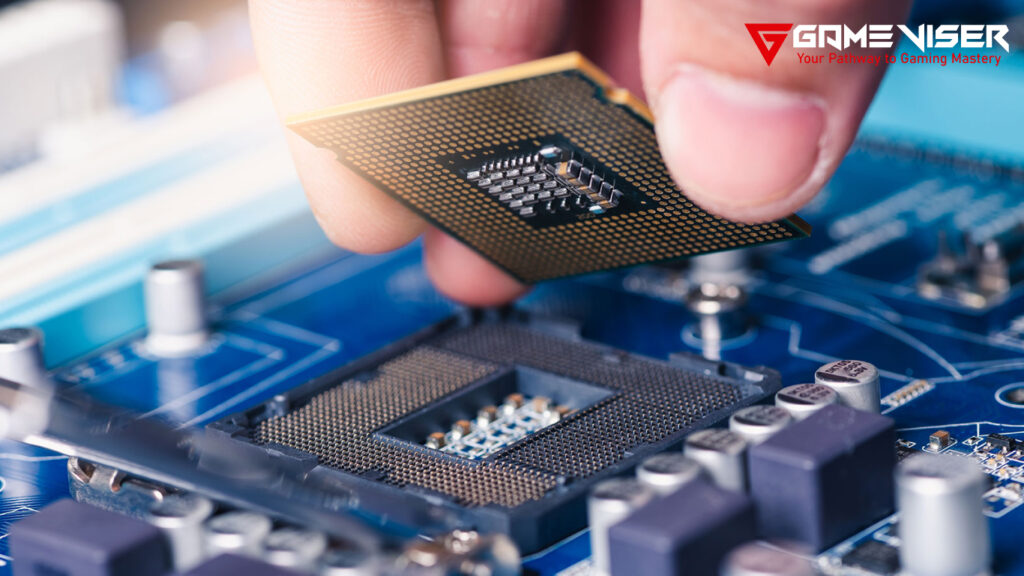
Important Note: Achieving these speeds requires robust cooling solutions, with AIO (All-in-One) liquid coolers being highly recommended.
Value for Money
With premium prices, both processors are significant investments. The i9-13900KS often appeals to enthusiasts who want the best of the previous generation, while the i9-14900K, as a newer model, brings slightly better efficiency and performance per dollar.
i9-13900KS Pros:
- Still delivers top-tier performance.
- Potential for discounts with the release of the 14900K.
i9-14900K Pros:
- Better efficiency and thermals.
- Higher single-core boost speed.
- Longer support window for future software and games.
Overall Comparison
Here’s a comparison table summarizing the key differences between the Intel Core i9-14900K and i9-13900KS based on the latest performance benchmarks and features:
| Feature | Intel Core i9-14900K | Intel Core i9-13900KS |
|---|---|---|
| Single-Core Performance | Slightly higher | Slightly lower |
| Multi-Core Performance | Similar, with slight efficiency gains | Strong multi-core performance |
| Base Clock | Higher | Lower |
| Turbo Boost Frequency | 6.1 GHz | 6.0 GHz |
| Power Efficiency | More efficient | Higher power consumption |
| Gaming Benchmark | Marginally better in some games | Excellent overall gaming performance |
| Overclocking Potential | Good | Higher due to KS variant |
For full details, visit UserBenchmark.
Conclusion
While the i9-13900KS is still a powerful choice, the i9-14900K’s improvements in efficiency, thermals, and single-core performance make it the preferred option in 2024 for those seeking improved performance. Choose based on your specific needs, and both CPUs will provide exceptional power for any high-performance setup.
FAQs
Is the 14900K better than 13900KS?
Yes, slightly better in efficiency and single-core performance.
Is 13900HK better than 14900HK?
No, the 14900HK is an upgrade with improved performance.
How hot is the 13900K compared to 14900K?
The 13900K generally runs a bit hotter.
Is it worth it to upgrade from 13900K to 14900K?
Only if you need the slight efficiency and performance gains.
Is 14900 better than 13900?
Yes, the 14900 has minor improvements.
Is the i9-14900K worth it for gaming?
Yes, it’s excellent for high-performance gaming.

